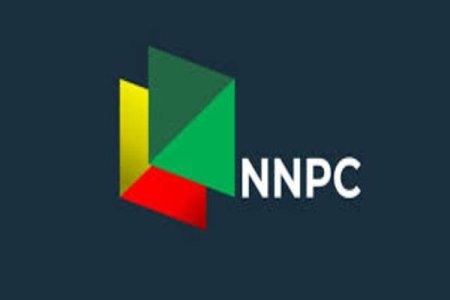
The Nigerian National Petroleum Company Limited (NNPCL) has failed to remit N13.763 trillion to the Federation Account between 2012 and 2024, sparking concerns over financial transparency. Allegations of fund diversion and unpaid taxes have prompted investigations, raising demands for accountability in Nigeria’s oil sector.
The Nigerian National Petroleum Company Limited (NNPCL) is under fresh scrutiny for failing to remit N13.763 trillion in revenue to the Federation Account over 12 years, spanning 2012 to 2024. This revelation emerged from financial records reviewed during the Federal Accounts Allocation Committee’s recent meeting in January 2025.
Records indicate that NNPCL was expected to pay N27.28 trillion from domestic crude sales into the government’s account. However, only about half of the amount—N13.524 trillion—was actually remitted, raising concerns about accountability in the nation’s oil sector.
This is not the first time the oil company has been accused of financial irregularities. The Auditor-General of the Federation recently reported that NNPCL allegedly diverted funds totaling N2.68 trillion and nearly $10 billion over the past four years. In a similar finding, the Nigeria Extractive Industry Transparency Initiative (NEITI) claimed that the company owes N3.6 trillion in outstanding taxes.
As a result of these concerns, Nigeria’s Public Accounts Committee has initiated a probe into unpaid royalties and debts amounting to $1.6 billion linked to NNPCL and oil firms. The investigation seeks to clarify the discrepancies and enforce accountability in the petroleum sector.
With mounting pressure from transparency advocates and regulatory bodies, the controversy surrounding unremitted oil revenues highlights the urgent need for reforms to ensure proper financial oversight in Nigeria’s most critical industry.




